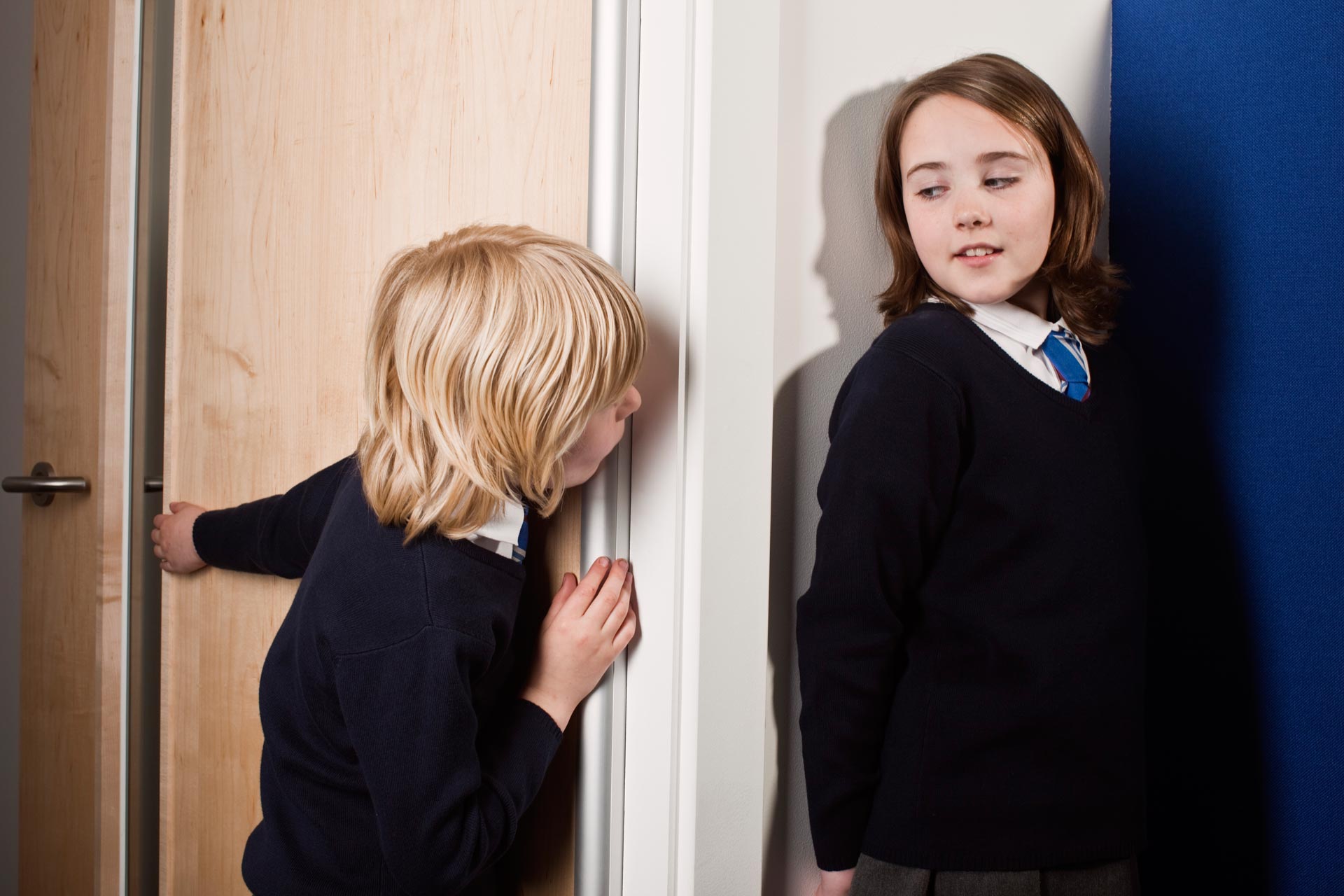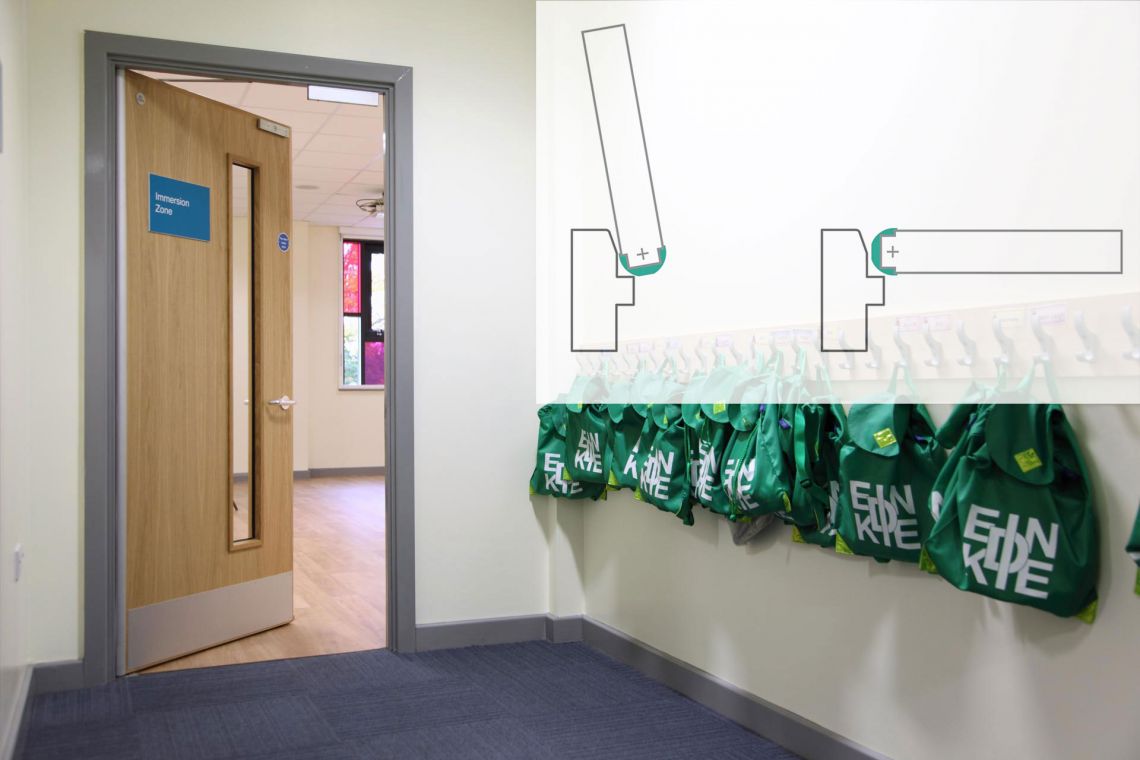Having recently taken on a new role as Finger Guard Specification Manager here at Safehinge Primera, I now provide specification and sales support for our component sales, including finger guards.
In a recent report by the Royal Society for the Prevention of Accidents, plastic surgeons warn that children and toddlers whose fingers are crushed by closing doors can end up with lifelong problems – purchasing durable integral finger guards can help to reduce this possibility and keep wandering fingers safe.
The report revealed that around 30,000 children trap their fingers in doors each year and more than two million children under 15 have accidents in and around the home every year that require emergency medical care.
And according to the British Association of Plastic and Reconstructive Surgeons (Bapras), these injuries can, in some cases, lead to long-term pain, as more than 1,500 children require surgery, and 600 amputations.
A child with a broken finger or worse can miss school for up to six weeks, affecting their educational development. Teachers can be equally upset if a child is injured while in their care.

According to Anna De Leo, Bapras spokeswoman and plastic surgeon at the Royal Free Hospital, London, the child is often required to "undergo a clinic appointment, an X-ray, day surgery, a follow-up nurse appointment and possible physiotherapy".
Plus, she says the effects could impact a child's ability to do everyday tasks as "injuries to fingers and hands means tying your shoelaces, typing, holding a mobile phone or eating become a lot more challenging".
"Fingertip injury also can result in 20% loss of hand strength and can prevent people from pursuing their chosen career," says De Leo.
What does this mean for you?
Whilst there are no formal requirements for finger guards at the moment, it's recommended that building owners and specifiers act responsibly to reduce such injuries — not because of potential
This means installing finger guards in areas where vulnerable people, such as children, are at risk, including primary schools, nurseries and Special Education Needs Schools (SEN), retail and leisure environments, and children's hospitals and GP's.
More specifically, you should ensure the finger guards are durable, to help reduce the risk of them breaking regularly and causing any undue finger damage. Unlike plastic finger guards which may break after multiple uses, integral finger guards will last the lifetime of the door, removing the need for regular replacements, and saving up to £1,000 per door over 25 years.
Get in touch
If you'd like to find out more information about our durable integral finger guard or require any finger guard specification advice, don't hesitate to get in touch – I'm always on hand to help.






